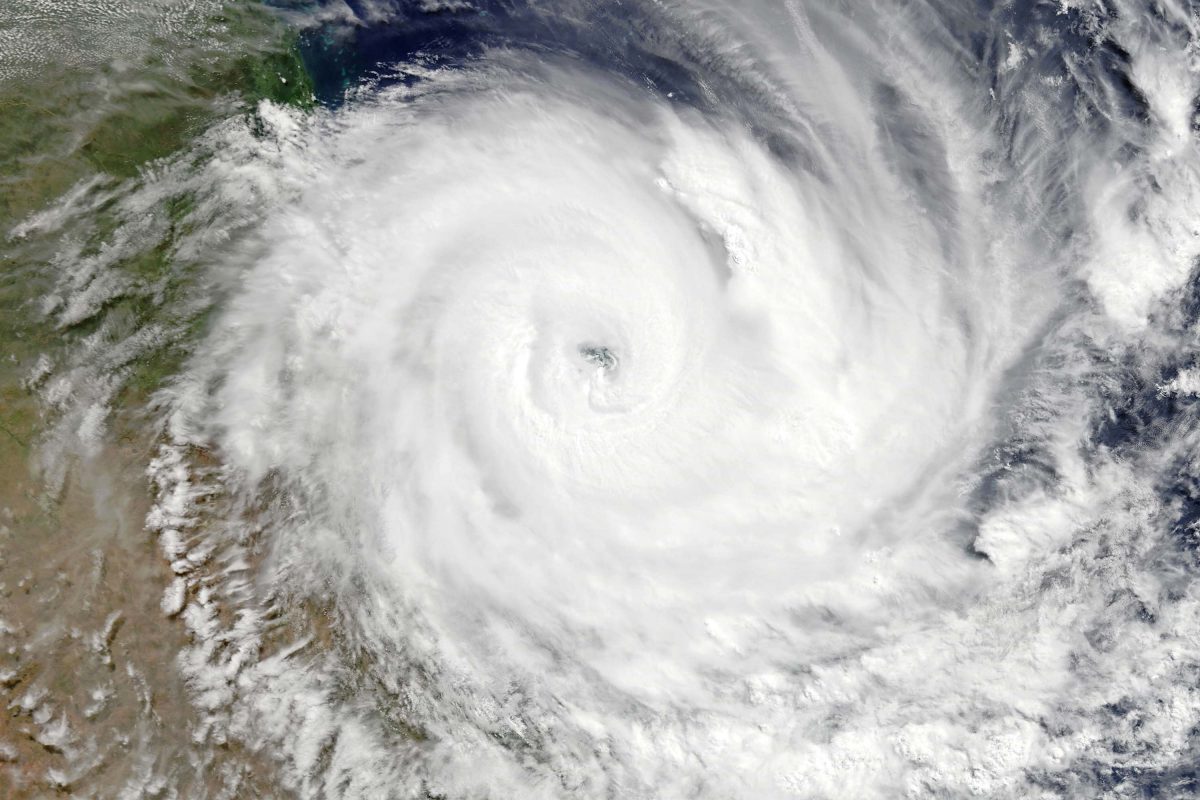
The tragic loss of human life and subsequent emotional torment still being experienced by Queensland and New South Wales communities, characterises the catastrophe that was Tropical Cyclone Debbie. This intense weather system crossed the Queensland coast near Airlie Beach as a category 4 tropical cyclone and departed Australian shores 16 days later. In its wake an estimated damage bill of more than half a billion dollars, 12 fatalities and untold impacts on ecological systems.
Over the past month, Griffith University researchers have undertaken comprehensive fact-finding and data collation missions to better understand the enormity of this natural disaster. Our research investigated the impacts across both the natural and built environment, from the devastation to the Great Barrier Reef to the disruption of business supply chains. Join us for a panel discussion that delves into the aftermath of the event, explore the related impacts, and how this research can be used to better equip Australia to minimise the effects of similar events into the future.
WHERE: Gold Coast Campus, 4.23 Business Building (G42) WHEN: 30 May 2017 TIME: 6:00 pm – 7:30 pm with an opportunity to network following presentations COST: FREE - RSVP Essential

Dr Andrew Brooks
Griffith Centre for Coastal Management
Dr Brooks is a fluvial geomorphologist whose research has focused on the extent to which Australian rivers and their catchments have changed as a result of European land use; particularly changes associated with alterations to riparian vegetation, in-channel large wood and catchment grazing pressure. He has spent the last 13 years undertaking research on the geomorphology of Australia’s tropical savannah rivers – particularly throughout the Gulf of Carpentaria and the catchments to the Great Barrier Reef (GBR), highlighting the significance of alluvial gully erosion and bank erosion as dominant erosion processes in the GBR and Northern Australia more generally.
 Dr Serena Lee
Dr Serena LeeGriffith Centre for Coastal Management
Dr Serena Lee is a physical oceanographer, completing her PhD at Sydney University. Dr Lee has global experience measuring and modelling the effects of significant weather events including a post doctoral position at the University of Maryland Centre for Environmental Science, studying storm surge inundation due to hHurricanes on the US east coast. Her research at Griffith University’s Centre for Coastal Management has focussed on regional storm surge modelling for Queensland and Pacific Island regions. Following Cyclone Debbie, Dr Lee led a rapid assessment team to measure the storm surge extent. This data of actual events was used to calibrate models by matching physical impacts against the modelling predictions.
 Dr Darrell Strauss
Dr Darrell StraussGriffith Centre for Coastal Management
Dr Darrell Strauss is the Research Manager for the Griffith Centre for Coastal Management. Dr Strauss coordinates research activities in support of coastal management and increased coastal resilience with the support of the Queensland Government, local government and other industry partners. His research interests include climate impacts on urban coastal systems and physical impacts of extreme events on coastal environments: including disaster management and recovery, dynamics of sandy beach morphology and analysis and forecasting of waves, beach states and coastal erosion.
 Professor Peter Tatham
Professor Peter TathamGriffith Business School
Professor Peter Tatham joined the (UK) Royal Navy as a logistics officer in 1970, and served in a variety of appointments during a career of some 35 years during which he rose to the rank of Commodore. Professor Tatham joined the Griffith Business School in 2010 where he teaches and researches in commercial and humanitarian logistics. He a member of the Editorial Boards Journal of Humanitarian Logistics and Supply Chain Management, of the International Journal of Physical Distribution and Logistics Management and of the Journal of Defense Analytics and Logistics.


